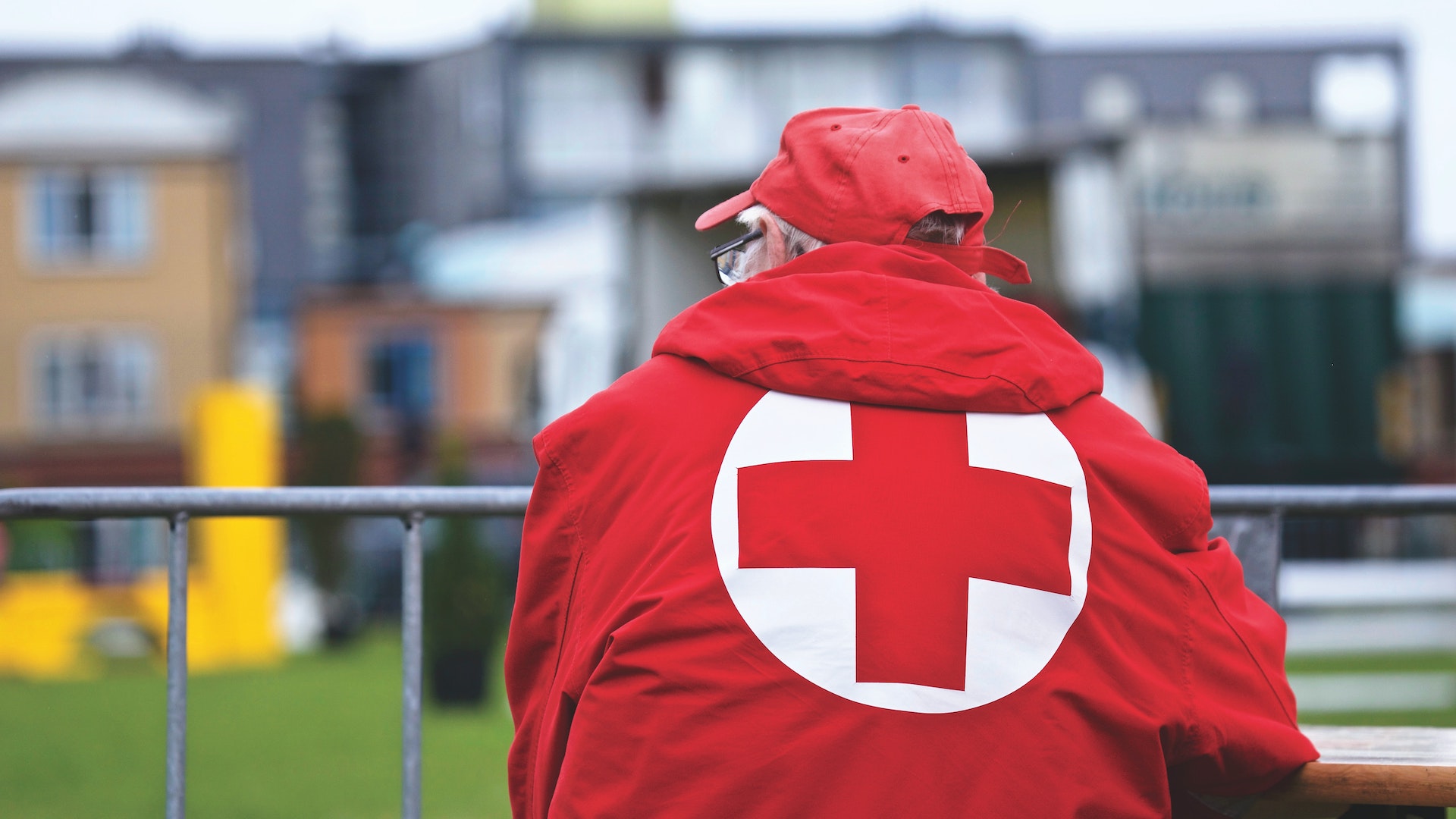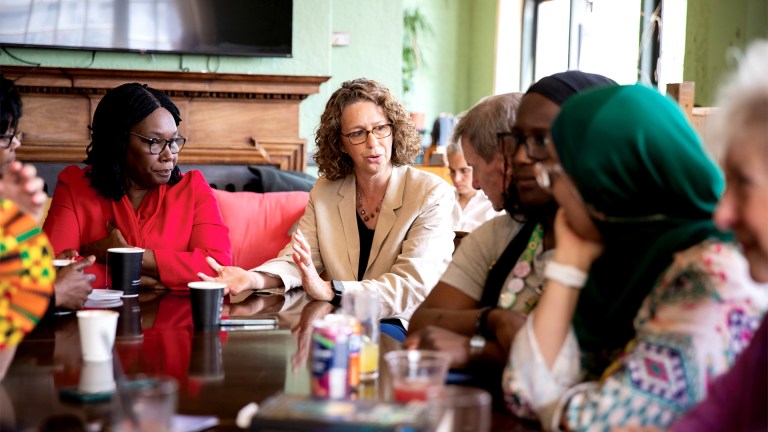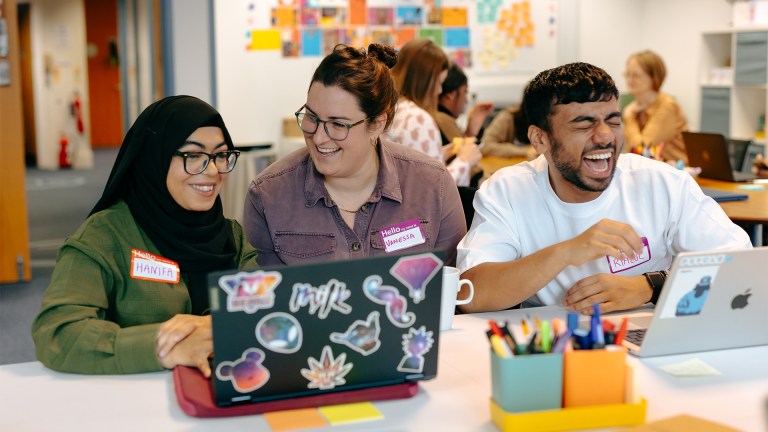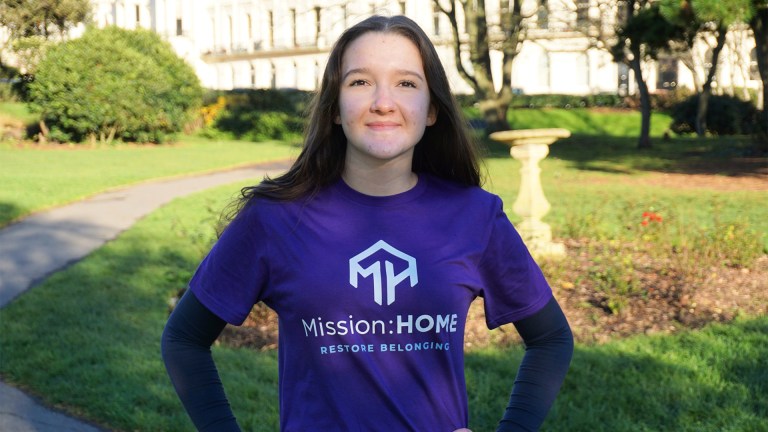People choose to volunteer for a variety of reasons and causes, whether it’s identifying a real and urgent need in the community, a seasonal feeling of warmth for humankind or just wanting to do something to get out of the house.
The Covid-19 pandemic has brought all of those reasons into sharp focus. An estimated five million people are predicted to fall into poverty as a result, according to the latest figures from the Joseph Rowntree Foundation, including a million children. The Trussell Trust says 2,600 food parcels were provided to kids every day in the first six months of the pandemic. And homelessness charity Crisis estimates 200,000 households will be homeless this Christmas.
The need has inspired a wave of people-powered support, helping vulnerable members of society safely navigate an unprecedented situation.
For organisations like FareShare, which redistributes surplus food to frontline charities, demand for services has doubled in a year. They’re now distributing enough food across the UK for 2 million meals a week, with volunteers doing the lion’s share of the work.
“The range of volunteers we’ve seen are people who access food from charities we supply and want to give back, to furloughed executives who arrive in Porsches to help in the warehouse,” senior press officer Christie Garratt told The Big Issue. “The pandemic probably made people feel helpless, or not have much control – this lets people feel they are helping in some way.”
As a result, FareShare has seen a 33 per cent rise in regular volunteers, from 1,500 last year to just over 2,000 in 2020.









